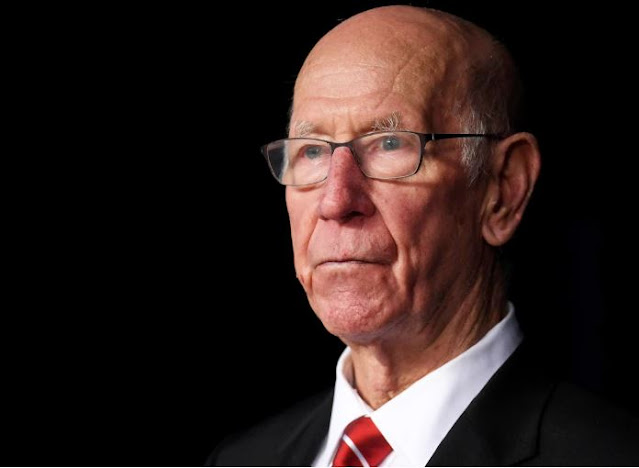Israeli Minister's Controversial Proposal Sparks Debate on Gaza Palestinians' Voluntary Migration
Israeli Minister's Controversial Proposal Sparks Debate on Gaza Palestinians' Voluntary Migration
Israel's Finance Minister, Bezalel Smotrich, has ignited a heated debate by endorsing what he terms a "humanitarian solution" for Gaza: the voluntary migration of Palestinians. His proposal, also supported by former Israeli ambassador Danny Danon and ex-Mossad deputy director Ram Ben-Barak in The Wall Street Journal, has drawn polarizing reactions.
Smotrich argues that relocating a segment of Gaza's population to countries willing to accept them could alleviate the enclave's socio-economic challenges. However, critics vehemently oppose this idea, deeming it akin to 'ethnic cleansing' and raising concerns about potential breaches of international law.
The contentious nature of this proposal highlights the deep-seated complexities surrounding the Israeli-Palestinian conflict. It underscores the ongoing disputes regarding the rights and future prospects of Gaza's inhabitants, shedding light on differing perspectives and ethical considerations.
This contentious suggestion by Smotrich and its reception among various stakeholders underscore the ongoing struggle to find a viable and humane resolution to the protracted Israeli-Palestinian conflict, particularly concerning the fate and rights of those residing in Gaza.
The controversy surrounding Smotrich's proposal highlights the divisive nature of approaches to the Palestinian issue within Israel and internationally. It exposes the persistent challenges in finding a consensus-driven resolution that addresses the complex geopolitical and humanitarian concerns in the region.
Critics emphasize that forcibly relocating any population, even if framed as "voluntary migration," raises ethical and legal red flags. The term 'ethnic cleansing' has been strongly used by detractors, asserting that such actions could perpetuate injustice and further destabilize the already volatile situation in Gaza.
This proposal also raises broader questions about the responsibilities of nations and the international community in addressing humanitarian crises and displaced populations globally. It prompts a debate on the role and obligations of countries in providing refuge and support to those in need.
Moreover, this contentious proposal has rekindled discussions about the historical context of the Israeli-Palestinian conflict, particularly regarding the displacement of Palestinians during the creation of Israel in 1948, an event remembered by Palestinians as the Nakba or "catastrophe."
The furor over Smotrich's suggestion exemplifies the persistent struggle to reconcile differing perspectives and interests in a conflict characterized by deeply rooted historical grievances, territorial disputes, and humanitarian crises. It underscores the urgency for a comprehensive and inclusive approach that respects the rights and aspirations of all parties involved in the Israeli-Palestinian conflict.






